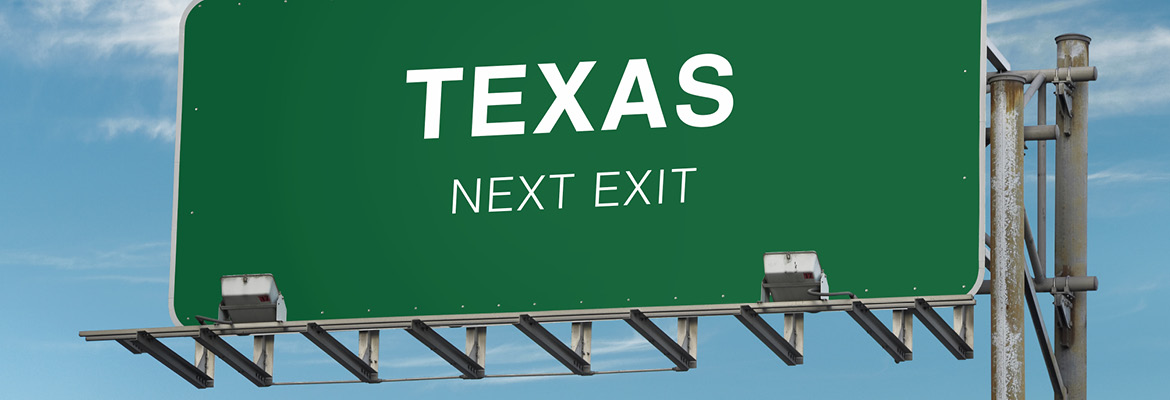Author(s)
Auctions are a fast and effective way for consignors to sell vehicles, but if you’re new to the industry, the process may seem overwhelming. This guide ensures you’re prepared for your first auction and provides beginners with key tips to consider.
Why wholesale vehicles?
There are several benefits to wholesaling cars. When a vehicle sells at auction, dealers don’t have to pay a commission on the sale. Instead, the money goes back to their business to invest in inventory, building maintenance, marketing or other expenses. Additionally, it’s a great way to eliminate excess inventory of one type of vehicle. For example, if a lot specializes in the sale of trucks and SUVs, their customers tend to be shopping for those types of vehicles. If they have too many sedans, it’s likely they won’t sell. To balance their inventory, dealerships can wholesale the sedans and still make a profit.
Now let’s get into the business of auto wholesaling. Below are six tips for a successful consignment.
- Complete the required paperwork:
When you bring your vehicles to auction, complete the required paperwork ahead of time to ensure a smooth transition of the consigned car. Provide a vehicle description, which includes the VIN and the exact car, make and mileage. You should also have the title prepared to be transferred and a written consignment agreement.
Include compelling vehicle photos and descriptions:
When consigning a vehicle to an auction, providing as much information as possible in the description and supplying good-quality images will help it sell. Prospective buyers feel more confident when they have all the details before buying a vehicle.
Helpful tip: To create a compelling vehicle description, include features and options the car offers. It’s also important to share any damage or repairs that have been made to the vehicle. Add quality images to provide potential buyers with a realistic view of the vehicle so there are no surprises when they see it in person. If a vehicle is being sold “as is,” this should be clearly stated in both the description and images. - Review vehicle history data
Some consignors may be caught off-guard when they catch issues they didn’t know about before an auction. This step highlights how to be better prepared for auctions by taking advantage of vehicle history reports. These reports reveal previous owners, accident and title history, and recalls. Knowing the vehicle’s history lets you accurately disclose and adjust floor prices up or down.
Helpful Tip: The U.S. Department of Transportation provides a free database to find recalls. All you need to do is input the VIN. Many dealers will not sell vehicles with open recalls so have these addressed before the auction if possible.
Keep in mind, damaged vehicles are not invaluable. Taking the time to do additional research helps consignors uncover hidden issues and pay a fair price. There are major state title brands for cars that may reveal areas of concern, like damage, accidents and total insurance loss. Knowing this information ahead of time makes vehicles easier to retail. - Clean the vehicle
Customers don’t want to purchase unattractive products, even used cars. Clean and detail the car to show it was well cared for by the previous owner or while in your possession. The depth of cleaning is based on value, but every running vehicle should be washed and vacuumed at a minimum.
Customers don’t want to purchase unattractive products, even used cars. Clean and detail the car to show it was well cared for by the previous owner or while in your possession. The depth of cleaning is based on value, but every running vehicle should be washed and vacuumed at a minimum. - Inspect the vehicle
It’s important to inspect your car to identify any potential problems that may affect consigning it. Check the vehicle’s lights, tires, brakes, etc. to ensure they’re in good condition. Taking the time to make cost-effective repairs typically pays off in higher sales prices and builds your reputation as a consignor. - Set a fair final sale price
The key to successful commercial auto consignment isn’t just selling the car, but selling it at a fair final sale price (floor price). The NAAA suggests being realistic when setting the price and considering contributing factors such as the car’s color, condition and demand. Outside factors such as fuel price trends can also make some vehicles more desirable than others.
Fun fact: Did you know yellow vehicles hold their value longer than other colors?
Plan for fees
Auctions have a reputation for selling vehicles quickly and at the best price, but they have to make money off the sale, too. After selling a car, auctions will charge a sales and administration fee. These vary and depend on the venue, rendered services and the vehicle’s value. Typically fees range between 5% and 15% of the final selling price.
Types of venues
Auctions can be both physical and virtual. Physical auctions typically hold events up to two times per week in a brick-and-mortar facility. Buyers can preview vehicles and bid on inventory online and in person.
Virtual auctions are becoming more prevalent and offer vehicle information solely online. There are several ways to make a sale, but the most popular is bidding sequentially. This creates an organized environment where bids are taken during a broader period of time until a final price is reached.
The most common virtual auctions: Car Offer, Backlot Cars, CARWAVE, SmartAuction and DealersLink - Find a reputable auto transport company
When it’s time to transport your vehicle, it’s essential to find an experienced partner. Whether you’re transporting a brand new 2022 Mercedes GLC Coupe or an inoperable 1957 Chevrolet Bel Air, a reliable auto transport company will make sure your vehicle travels from Point A to Point B carefully.
Here’s what to consider when evaluating a logistics partner:
Experience: An experienced auto transporter has built and maintained a solid reputation with its customers.
Proper registration: Confirm Motor Carrier (MC) and U.S. DOT numbers to be sure that your vehicle is being hauled by a legitimate company.
Customer reviews: Look at review sites such as TrustPilot, Google and the Better Business Bureau to gauge a company’s reputation.
Frequently Asked Questions
Q. Is there a minimum number of vehicles required for consignment?
A. No.
Q. What if a consignor does not have a title for a certain vehicle?
A. If the vehicle doesn’t have a title, it is sold with a blue light which indicates the title is absent. In this scenario, the seller has a limited amount of time to submit the title to the auction.
Q. How are transactions handled if the buyer is from another state?
A. An auction title specialist is familiar with requirements in all 50 states and can handle any transaction.
Q. Is there a fee if the vehicle doesn’t sell?
A. Fees depend on the auction policy.
Q. Can consignors expect everything to sell?
A. Yes, as long as there is a fair floor price, vehicles should sell. If bidding falls short of expectations sellers can “not sale” the vehicle and potentially offer it for sale at another time that day or several days later.
About Montway Auto Transport
Montway is the nation’s leading auto transport broker with experience loading and hauling all types of vehicles from auctions nationwide. We are an associate member of the NAAA, an active member of the IARA and a long-haul shipping partner for Auction Edge’s Pipeline platform. Contact us today at 888-998-4161 or visit our website at Montway.com/autoauctionshipping to learn more.








